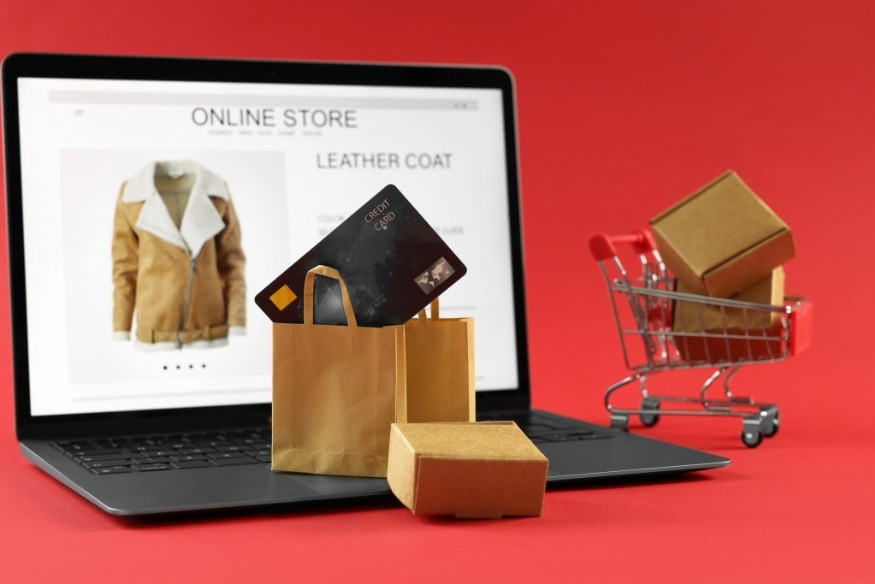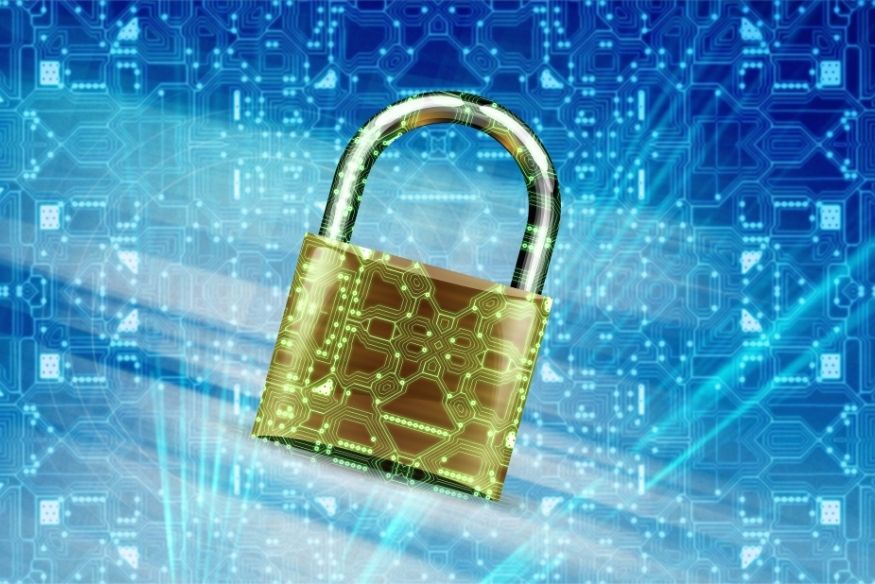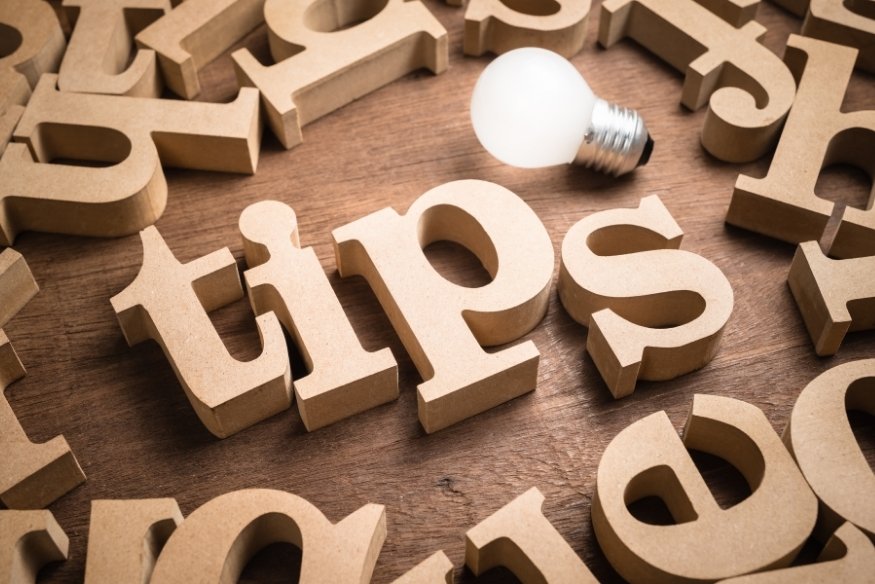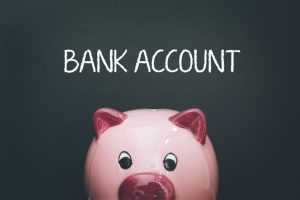Getting your first credit card is a big step towards financial freedom. It brings convenience and opportunities to build a strong credit score. This score is key for borrowing money later on.
Using your credit card wisely is crucial for good credit health. This means paying on time and keeping your balances low. Doing this helps you avoid debt and boosts your chances for loan approvals and more credit cards.
Key Takeaways
- Understand the importance of maintaining a good credit score.
- Learn how to use your credit card responsibly.
- Discover tips for making timely payments and keeping balances low.
- Find out how good credit health can benefit your financial future.
- Explore strategies for avoiding debt and improving your creditworthiness.
Understanding Credit Card Basics

If you’re among the many first-time credit card users, it’s essential to understand how these cards function. A credit card allows you to borrow money from a bank or financial institution to make purchases, pay bills, or request cash advances. The credit limit is the maximum amount you can spend, and it’s determined by the card issuer based on your financial profile.
How Credit Cards Work
Using a credit card is similar to taking a short-term loan. You can use it for online purchases, in-store transactions, or while traveling abroad. Each month, you’ll receive a statement detailing your transactions and the amount due.
It’s strongly recommended to pay your full balance each month to avoid paying interest. If that’s not possible, you must at least make the minimum payment—but note that interest will still accrue on the remaining balance, potentially leading to long-term debt.
Different Types of Credit Cards Available
Em países com sistemas bancários estruturados, first-time credit card users podem escolher entre diversos tipos de cartão. Cada opção oferece benefícios específicos, ideais para diferentes perfis de consumo:
| Credit Card Type | Key Benefits |
|---|---|
| Cashback | Earn cashback on eligible purchases |
| Rewards | Accumulate points for travel, merchandise, or other reward options |
| Travel | Access travel insurance, lounge access, and additional travel-related perks |
When choosing your first card, evaluate your spending habits and medium- to long-term financial goals. The right choice can help you maximize benefits and build a solid credit history.
What to Look for When Choosing Your First Credit Card
Selecting your first credit card requires careful consideration. For first-time credit card users, it’s essential to understand all associated responsibilities and costs.
Interest Rates and Annual Fees
One of the most critical factors is the interest rate, especially if you don’t plan to pay your balance in full each month. Look for a card with the lowest possible rate to minimize potential interest charges.
In addition, watch out for annual fees. Some cards offer attractive benefits but charge high yearly fees. Consider whether the perks outweigh the cost based on your spending behavior.
Rewards Programs and Benefits
Many credit cards provide rewards tailored to different lifestyles. Choosing the right rewards structure can add significant value:
- Cashback on purchases
- Travel rewards such as miles or points
- Sign-up bonuses after meeting a minimum spend
Pick a program that complements your regular spending to get the most value.
Credit Limits and Minimum Payments
Your credit limit is the maximum amount you can charge to the card. While a higher limit can offer more flexibility, it’s important not to overspend. Responsible use means staying well below your limit.
Understand the minimum payment requirement. Paying only the minimum may extend your debt and increase interest charges over time. Whenever possible, aim to pay your full balance each month to stay debt-free and improve your credit score.
By comparing cards with these criteria in mind, first-time credit card users can choose an option that aligns with their financial goals and helps establish a strong credit foundation.
Setting Up Your Credit Card Account
Once you’ve chosen your credit card, it’s time to set it up for daily use. The process is simple but important to ensure a smooth experience from day one.
Activating Your Card
The first step is to activate your credit card. This can typically be done by calling a designated number provided with the card or by visiting the issuer’s website. Activation is quick and confirms that your card is ready for transactions.
Creating Online Access
Setting up online account access allows you to manage your credit card from anywhere. Visit the issuer’s website or mobile app to register. With online access, you can:
- Monitor your balance and spending
- Track transaction history
- Set up alerts and notifications for payments and spending limits
Having this visibility helps you stay in control and avoid overspending.
Setting Up Automatic Payments
Automating your payments ensures that you never miss a due date. Most financial institutions allow you to:
- Schedule automatic payments for the full balance, minimum amount, or a custom value
- Link your credit card to your checking account
- Receive confirmation emails or push notifications
Benefits of automatic payments:
- Ensures timely payments and avoids late fees
- Protects your credit score by preventing missed payments
- Offers convenience by eliminating manual transactions
For first-time credit card users, setting up these basic tools from the start encourages responsible usage and builds positive financial habits.
Essential Advice for First-Time Credit Card Users

Getting your first credit card is exciting, but using it wisely is what truly makes the difference. As you begin this journey, it’s important to adopt habits that support financial success.
Start with Small Purchases
Use your card for small, manageable expenses such as groceries or a monthly subscription. This helps you become comfortable with usage while gradually building your credit history. Keeping your spending under control from the beginning reduces the risk of debt.
Pay Your Balance in Full Each Month
One of the most effective practices is to pay off your full balance every month. This prevents interest charges and demonstrates responsible credit behavior. Regularly checking your statements ensures you’re on track and helps spot any unauthorized charges early.
Never Miss a Payment Date
Missing a payment can lead to late fees, increased interest rates, and a drop in your credit score. To prevent this, set up reminders or rely on automatic payments. Consistent, on-time payments are one of the strongest indicators of creditworthiness.
By following these simple yet effective strategies, first-time credit card users can develop solid financial habits that contribute to a strong credit profile—no matter where they live.
Building Credit History with Your First Card
For first-time credit card users, one of the key long-term benefits is building a strong credit history. Your credit history shows how well you manage credit and directly impacts your credit score.
How Credit Scoring Works
Credit scoring models typically assess:
- Your payment history
- The amount of credit used (credit utilization)
- The length of your credit history
- Your mix of credit accounts
- Recent credit inquiries
Lenders and financial institutions use this score to evaluate your creditworthiness. A higher score can lead to better interest rates and greater chances of approval for loans and other credit products.
Credit Utilization Ratio
Your credit utilization ratio reflects how much of your available credit you’re using. For example, if your limit is €1,000 and you’ve used €300, your utilization is 30%. Keeping your ratio below 30% is generally recommended for a healthy score.
If your card has a €2,000 limit and you use €600, your ratio remains at 30%. You can maintain or improve this ratio by either paying off your balance or increasing your available credit.
Length of Credit History
The longer your credit history, the better for your score. Keeping your first credit card open—even if you don’t use it often—can be beneficial. Scoring models consider:
- The age of your oldest account
- The average age of all accounts
- The time since each account was last used
A long and consistent credit history helps demonstrate financial responsibility, so it’s smart to keep older accounts active when possible.
By understanding how credit scores work and maintaining low credit utilization while keeping your accounts open, first-time credit card users can lay the foundation for a solid financial future.
Avoiding Common Credit Card Mistakes
To make the most of your card, it’s important to recognize and avoid common pitfalls. Here are mistakes first-time credit card users should be aware of:
Maxing Out Your Credit Limit
Using your entire credit limit can negatively impact your credit score and trigger high interest charges. It may signal to lenders that you’re relying too heavily on credit. Aim to keep your usage under 30% of your limit to maintain a healthy profile.
Making Only Minimum Payments
Paying only the minimum amount extends your repayment period and increases the total interest paid. Whenever possible, pay your full balance. If that’s not feasible, pay as much as you can to reduce interest and accelerate payoff.
Applying for Too Many Cards at Once
Submitting multiple credit card applications in a short period can lower your credit score and make you appear risky to lenders. Space out your applications and research thoroughly before applying to ensure the card suits your needs.
By avoiding these mistakes, first-time credit card users can build and maintain healthy financial habits. Always review your statements, monitor spending, and adjust behaviors to stay on track.
Credit Card Security Best Practices

With the rise of digital transactions, safeguarding your credit card has never been more important. First-time credit card users should adopt the following best practices to protect their financial information.
Protecting Your Physical Card
Keep your card in a secure location and avoid sharing your card details with others. Use a protective wallet or store it in a locked space when not in use.
Tip: Never leave your card unattended or lend it to others.
Safe Online Shopping Habits
When shopping online, verify that the website is secure. Look for “https” in the URL and a lock icon in the browser bar. Avoid using public Wi-Fi or shared computers to make purchases.
Additional tips:
- Use strong, unique passwords for each account
- Regularly review your account statements for unauthorized transactions
What to Do If Your Card Is Lost or Stolen
If your card is lost or stolen, contact your bank or card issuer immediately. Most provide 24/7 customer service lines for such emergencies.
Continue monitoring your statements to identify and report any unauthorized transactions.
| Action | Benefit |
|---|---|
| Report lost/stolen card | Prevents unauthorized use |
| Monitor account activity | Detect suspicious transactions early |
Following these tips helps first-time credit card users stay protected while building good financial habits.
Understanding Credit Card Statements
Understanding your credit card statement is essential for responsible card use. It gives you a detailed view of how you’re spending and what you owe, helping you stay on top of your finances.
Reading Your Monthly Statement
Start by reviewing the statement summary, which includes:
- Your current balance
- The minimum payment due
- The due date
Next, examine the transaction list to ensure all purchases are accurate and familiar. Look out for any suspicious or unauthorized charges.
Identifying and Disputing Errors
If you find a charge you don’t recognize, contact your credit card issuer’s customer support immediately. Most providers have a clear dispute process and can investigate the issue.
Also, regularly review your credit report. This helps catch reporting errors that may affect your credit score. Staying proactive with your statements and credit report ensures the integrity of your financial data and supports long-term credit health.
Banking Practices for First-Time Credit Card Users
While each country has unique banking regulations, many regions offer consumer protections and transparency that benefit first-time credit card users.
Credit Card Regulations
Financial systems in well-regulated markets typically require clear disclosures about interest rates, fees, and terms. This transparency helps users make informed choices and responsibly manage their credit.
Using Your Card Internationally
When using your card abroad, be aware of currency conversion fees and exchange rates. Some cards offer competitive rates or waive foreign transaction fees, which is helpful for international travel.
Consumer Protection and Cardholder Benefits
Many credit cards come with built-in consumer protections such as:
- Dispute resolution for billing errors
- Fraud protection for unauthorized charges
- Additional perks like purchase protection and travel insurance
Understanding these protections can help cardholders feel more confident using their card at home and abroad.
When to Consider a Credit Limit Increase
As your financial situation evolves, you may consider increasing your credit limit. A higher limit can offer greater flexibility and potentially boost your credit score by lowering your credit utilization ratio.
Signs You’re Ready for a Higher Limit
You might be ready to request an increase if:
- You consistently pay on time
- You maintain a low balance
- Your income has increased
- You’re planning a major purchase
| Scenario | Benefit of Higher Credit Limit |
|---|---|
| Large Purchase | Enables bigger buys without maxing out the card |
| Emergency Fund | Offers financial flexibility in urgent situations |
| Increased Income | Shows improved creditworthiness |
How to Request an Increase
You can request a limit increase through your card issuer’s website or by calling customer service. Be prepared to provide:
- Your current income
- Employment status
- Monthly expenses
Review your credit score before applying to ensure you’re in a good position. Some issuers may also automatically increase your limit after a period of responsible use.
Final Thoughts for First-Time Credit Card Users

As a first-time credit card user, you’ve taken a valuable step toward financial independence. By now, you understand how credit cards work and how to choose one that fits your lifestyle and goals.
Using your credit card wisely—by paying on time, keeping your balance low, and understanding your statements—helps you build a strong credit history. This opens doors to better interest rates, loans, and financial products in the future.
Your credit card can be a powerful tool when used responsibly. Whether for everyday purchases or financial emergencies, it offers convenience and flexibility.
Keep monitoring your statements, stay informed about your spending habits, and adjust as needed. With consistent practice, you’ll gain confidence and develop lasting habits that support your financial well-being.









